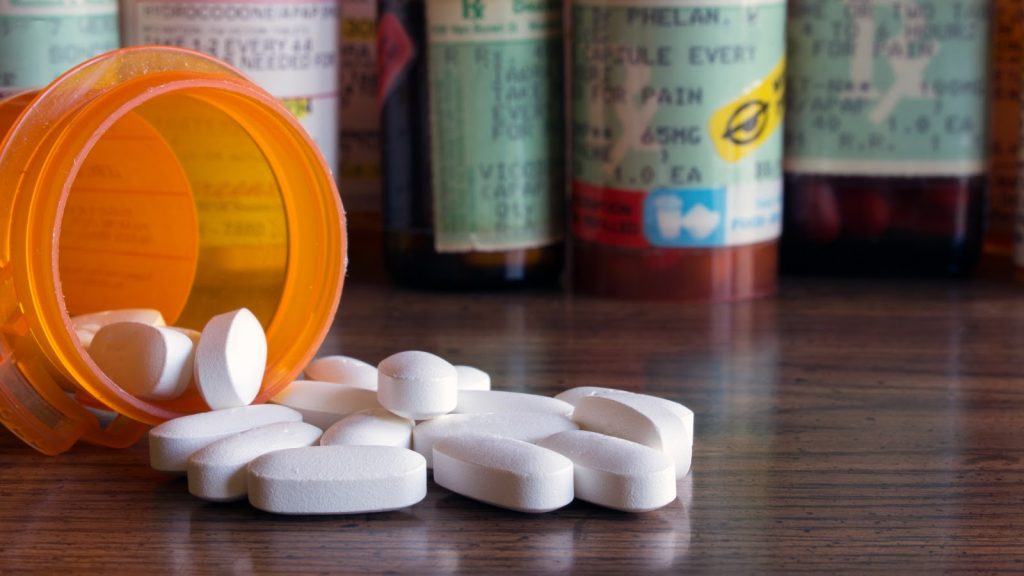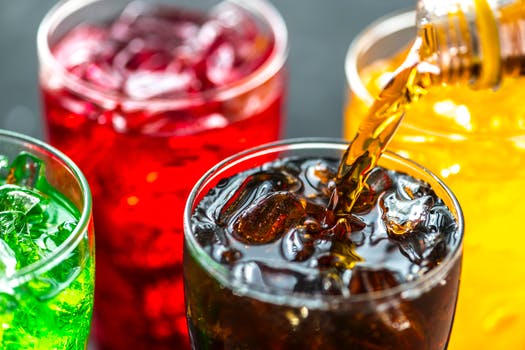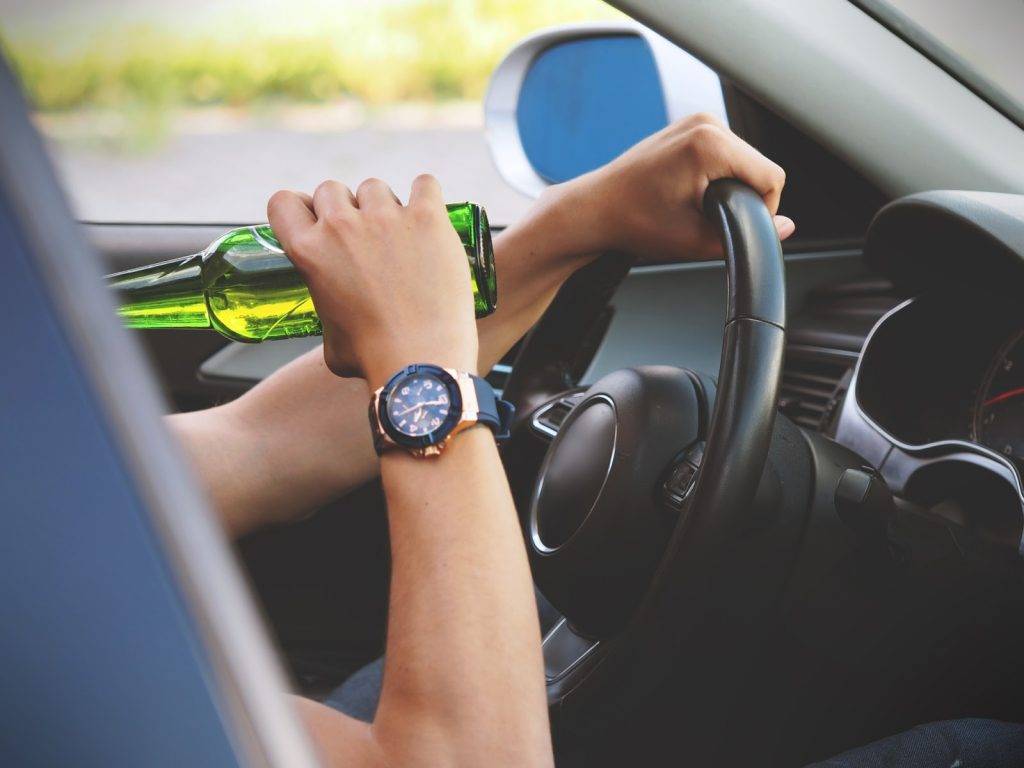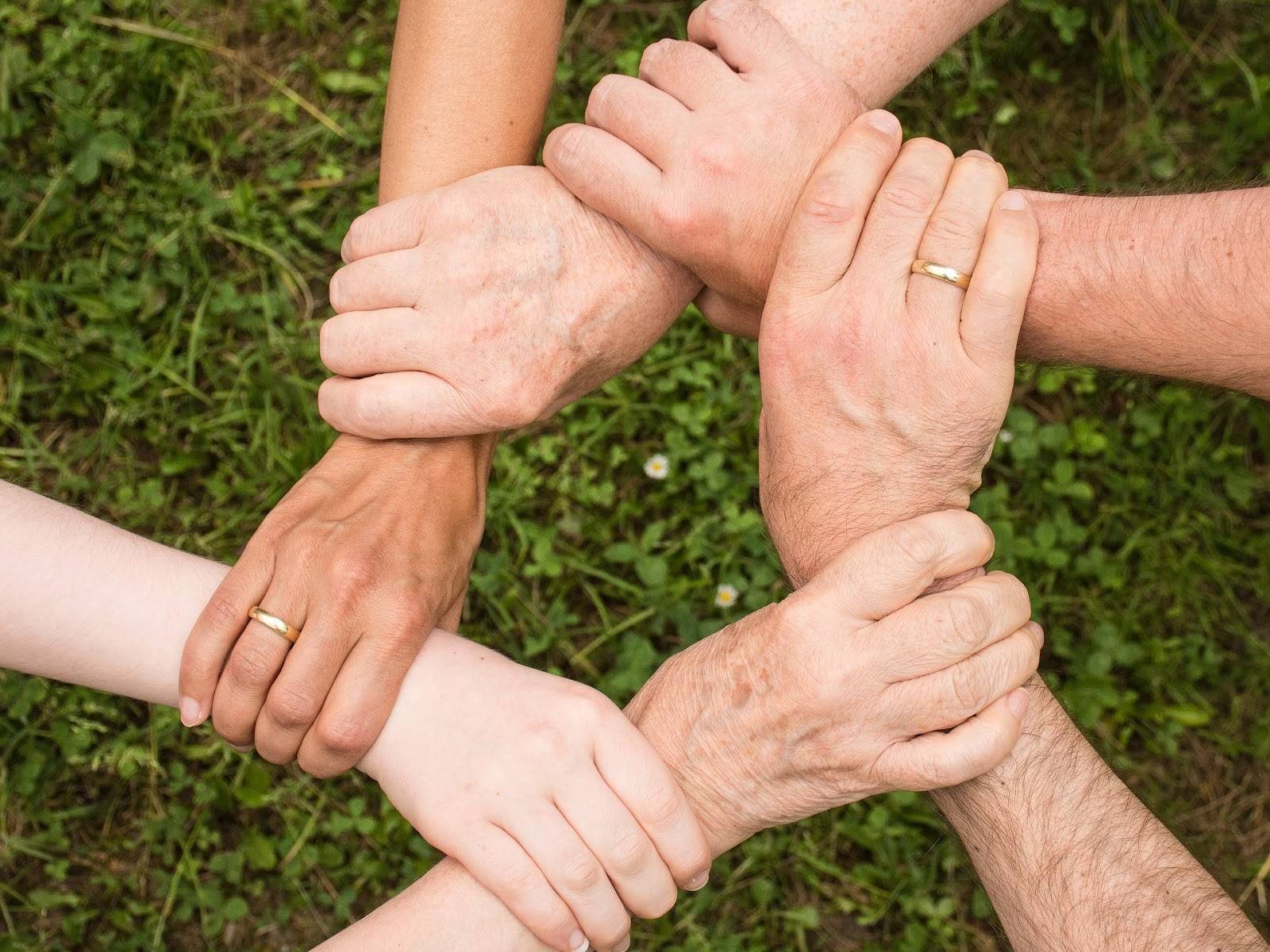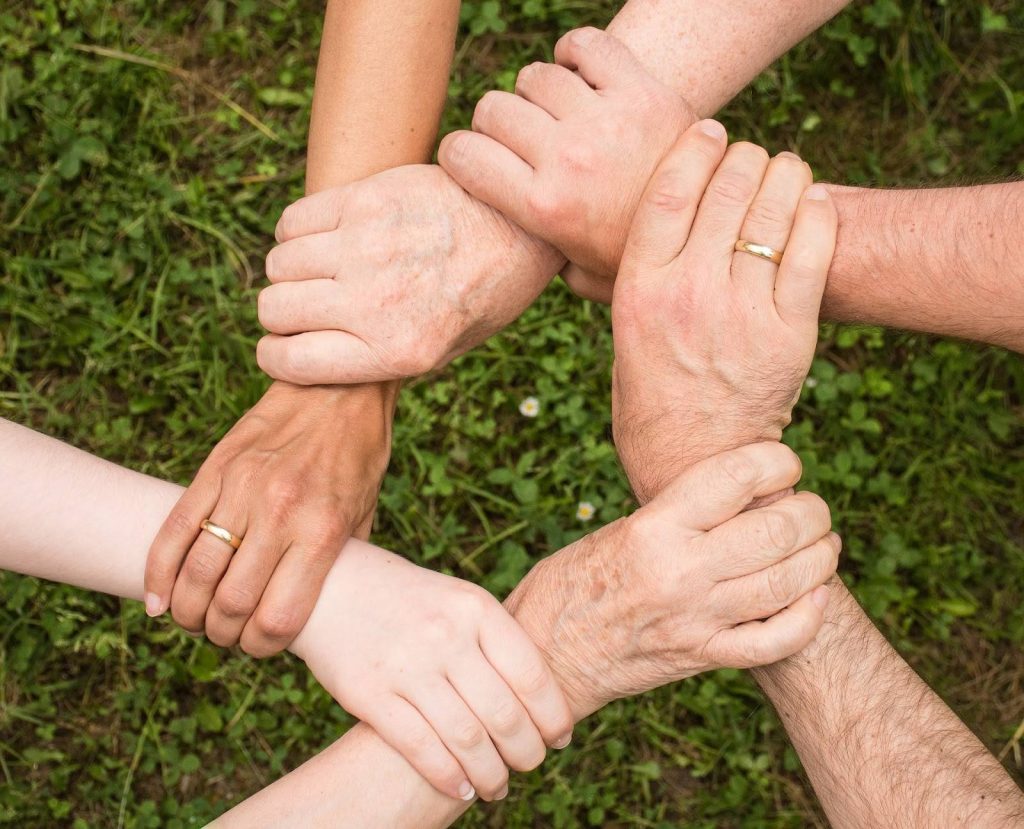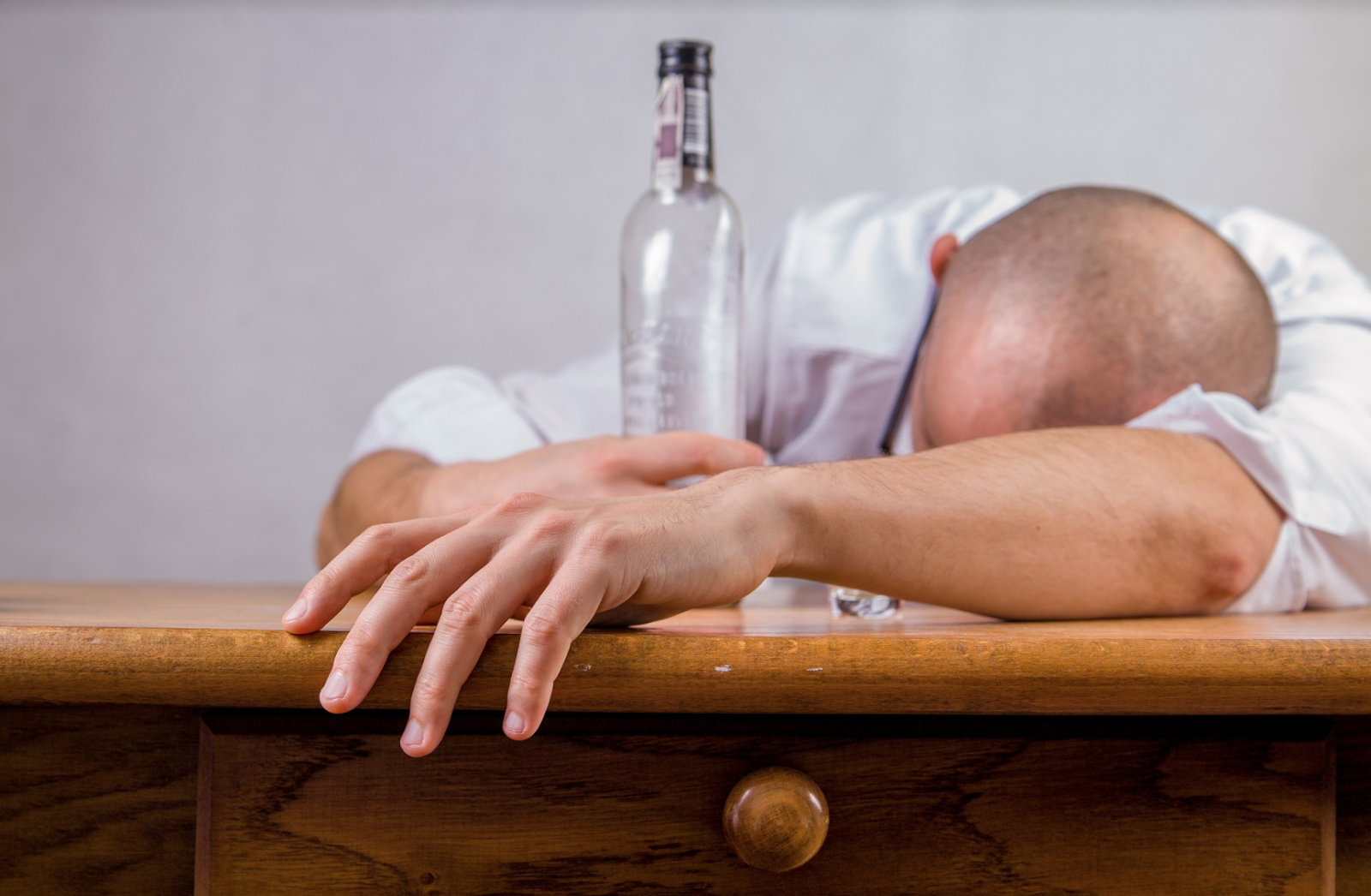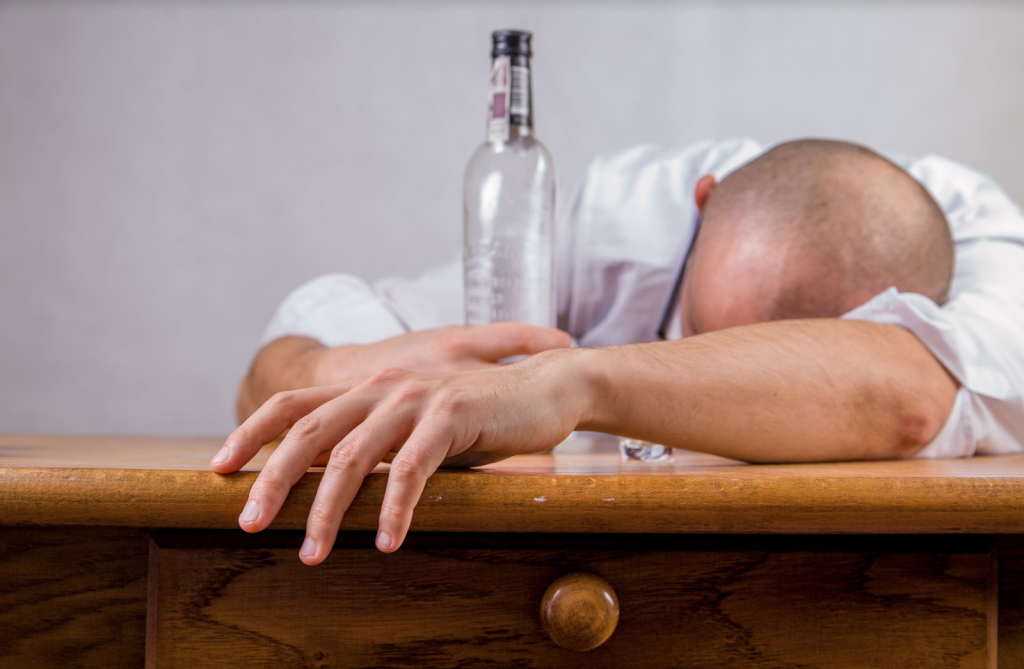Despite the common rhetoric of rock bottom, not all alcoholics crash. Many of them are experts at hiding how their drinking affects their lives, and because of this we’ve come up with ‘Recognizing the Signs of a High Functioning Alcoholic,’ to help you identify what often remains hidden.
Because of this, they’re experts at denying help. They don’t need to go to rehab–after all, they can hold down a job, support their families, maintain relationships, and have every outward appearance of success.
However, this actually puts high functioning alcoholics at great risk of harm. They may have major warning signs for years without anyone noticing. All the while, their alcoholism is subtly affecting their physical, emotional, and psychological health.
If you or a loved one is a high functioning alcoholic, you’re still harming yourself and those around you, and you deserve help. Here’s what you need to know about high functioning alcoholism and signs that it’s time to look into treatment options.
The Five Types of Alcoholic
Alcoholism takes many forms, but most alcoholics fall into one of five types:
- Young adult
- Young antisocial
- Intermediate familial
- Functional
- Chronic severe
These descriptors fit both the patient’s stage of life and the relative progression of their alcoholism. The typical young adult alcoholic, for example, is around age 25 and started drinking at 19 or 20.
What is a High Functioning Alcoholic?
When you think of an addict or an alcoholic, you probably think of someone who can’t hold down a job, can’t stay on top of their responsibilities, and prioritizes their addiction over everything else despite clear signs of strain in other areas of their life.
A high functioning alcoholic doesn’t look like that. In fact, they’re almost the opposite of every addiction stereotype.
High functioning alcoholics tend to be highly educated, high earners with stable home life. They can do more than just hold down a job and pay rent–in many respects, their life appears to be untouched by their addiction.
Risks of High Functioning Alcoholism
Like all addictions, high functioning alcoholism is deceitful. It insists that there isn’t a problem and that the behavior is perfectly normal. Because of this, the conditions required to break through that mantra of normalcy are pretty extreme.
With high functioning alcoholics, the conditions required to break through denial are even more extreme. Unlike non-functional alcoholics, high functioning alcoholics are good at maintaining the outward appearance of a successful life, even to themselves.
The problem is that people can develop severe alcoholism and put themselves at extreme risk of harm while seeming like perfectly functional, healthy people with normal lives.
Because of this, the alcoholic has even more ammunition to avoid seeking treatment. Worse, those around them may not even realize that they have a drinking problem.
The trick, of course, is that more people are high functioning alcoholics than stereotypes would have you believe. In fact, only 10% of alcoholics are homeless or otherwise deeply low-functioning, which leaves 90% of alcoholics existing well outside the stereotypical penalties for extreme alcohol addiction.
Signs of High Functioning Alcoholism
Because of this, it’s vital that you know how to recognize the warning signs of high functioning alcoholism when they present themselves. The signs may not be obvious–if, indeed, most people recognize any signs of alcoholism in the first place.
In fact, many high functioning alcoholics are witty, clever, and responsible. To all but those who are closest to them (provided that those people are paying attention), high functioning alcoholics seem to be perfectly healthy. They may not show any apparent signs of addiction, even if the signs are right in front of you.
If you’re worried that you or a loved one is suffering from high functioning alcoholism, here are a few red flags to watch for.
Drinking is a Big Part of Your Life
The first sounds abundantly obvious: drinking is a big part of your life. However, if drinking has featured significantly in your life for some time, others may not even notice it.
Let’s say you were a drinker in college. You were the first to the party and the last one to leave, and you could drink everyone under the table in the meantime. Your friends at the time didn’t blink–after all, they were doing it too.
Most people, including your college friends, graduate, grow up, stop partying, and scale back their drinking. But you’re still drinking like a freshman in college. The difference is that you’re good at hiding it in other areas of your life, and you may not drink to party anymore.
You Drink to Cope…
One of the big red flags of alcoholism, high functioning or otherwise, is drinking to cope.
There’s a reason why so many of us go out for a drink to unwind after a stressful day at work, or get home and break out a drink after a bad day. Alcohol is a depressant, slowing chemical activity in the brain. This is why you feel loose and relaxed after drinking–your brain chemically cannot function as fast.
Chemically speaking, it’s easy to understand why more than half of adults drink alcohol to cope with stress.
This is the area where most people get into trouble, which is why drinking to cope is one of the universal warning signs of alcoholism. If you reach for a drink every time you have school stress, a bad day at work, or even an unpleasant phone call with a relative, that’s a bad sign.
…And You Drink for Every Situation
Of course, alcoholics don’t drink just because they’re sad or depressed or anxious. Alcoholics also drink when they’re overjoyed, bored, excited, tired, or anything in between.
Remember, alcoholism isn’t just a coping mechanism. It might start that way, but it’s a chemical addiction in the brain. Eventually, you reach for alcohol in any situation, not because of the situation but because your brain has learned to chemically rely on alcohol to process any situation thrown at it.
You drink to calm down. You drink to get excited. You drink to wake up. You drink to go to sleep. You drink with friends. You drink alone. You drink for an occasion or you drink on an ordinary day.
Either way, the story is the same: if there’s a situation, any situation, your first instinct is to reach for a drink.
You Drink Too Much, Too Often
High functioning alcoholics don’t show the strain of drinking on their lives, at least not at first. They can maintain their work projects, execute their responsibilities, show up for their families, and don’t show any obvious negative behaviors like depression or anger issues.
That said, you can still maintain your responsibilities (for a while, anyway) while drinking too much.
A red flag for alcoholism is drinking too much, too often. “Too much” varies between people, but for women, it’s generally three drinks in a day or seven drinks in a week. For men, it’s generally four drinks in a day or fourteen drinks in a week.
However, it’s important to remember that alcoholism isn’t limited to drinking too much in one sitting. In fact, many alcoholics have a problem not because they drink too much at once (though they do that too). Their problem is drinking a “moderate” number of drinks on a daily basis.
You Don’t Get a Hangover After Several Drinks
Humans are remarkably adaptable, and that extends to our alcohol consumption.
Like most other drugs, our bodies learn to adapt to alcohol. Over time and repeated excessive drinking, we need more alcohol to get the same effect. This is known as alcohol tolerance, and for functional alcoholics, their tolerance is unusually high compared to other people.
However, this shows through in unexpected ways. For example, a high functioning alcoholic can drink the same amount as a friend and not experience a hangover, even after several drinks too many.
This might seem like a benefit, but it’s actually a screaming red flag. It means that your body is dependent on alcohol, and you’ll need to drink more to get the same effect. And while you may not think it’s hurting you, you’re harming your brain and your body the whole time.
Denial is Your Superpower
Regardless of severity or progression, all alcoholics have one thing in common: denial.
Addiction is fundamentally dishonest. You’re not just lying to others about your habits–you’re lying to yourself. You know, in your heart of hearts, that something is wrong, but you find ways to justify the behavior because you need your fix.
You can hide it for a while to avoid the pain and embarrassment of showing others (and yourself) how bad it is, but the negative consequences will catch up to you eventually. Even if you haven’t seen obvious negative consequences like a car accident or an arrest, you may still have a problem.
High Functioning Alcoholism Can Hurt You
A high functioning alcoholic can hurt those around them just as readily as any other addict. And while you may not think that your drinking is harming you, the truth is that you can live a fuller, happier life free of alcohol.
If you or a loved one need to look into treatment options, click here to check out our recovery program, or get in touch to talk about how our team can help you get on the right path.





